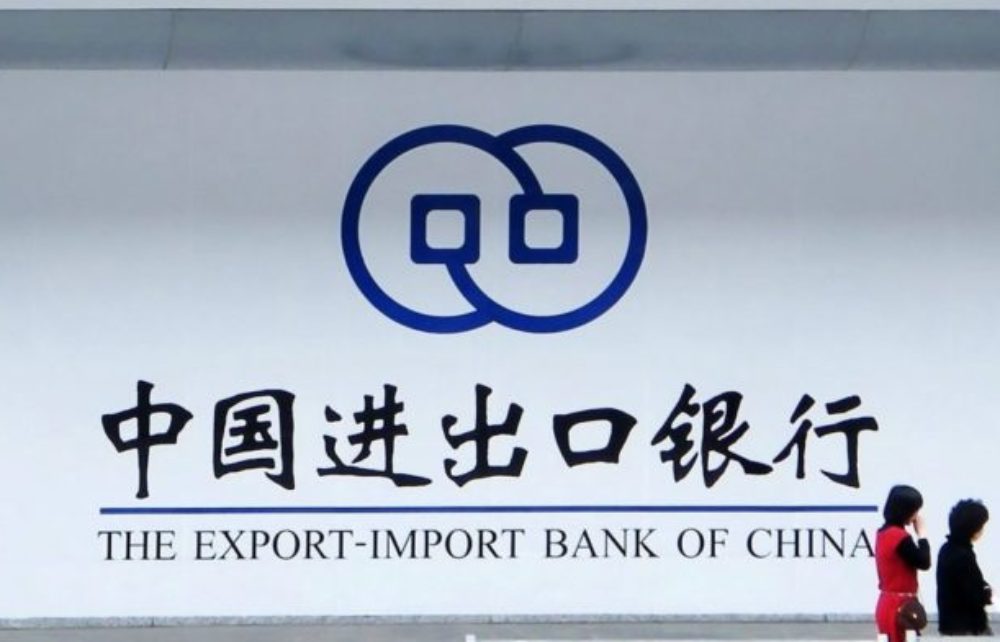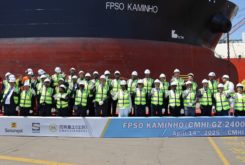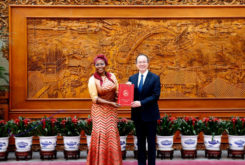Chinese lenders are imposing even more stringent collateral requirements on low-income country borrowers than previously known, as they seek to hedge risks from their extensive overseas development finance programme.
Almost 30 per cent of 100 Chinese loans examined in an AidData study last year used collateral mechanisms such as sales collection accounts, and 70 per cent of those required borrowers to deposit all project revenues into escrow.
Under a USD 200mn loan from China Eximbank for the expansion and modernisation of Entebbe airport, the Ugandan government is required to channel all revenue from the country’s only international airport into an escrow account, according to the contract obtained by AidData, quoted by the Financial Times.
Chinese development banks provided USD 23 billion to finance public-private partnerships in Africa
One loan, for building water supplies in Benin, demanded revenue collection not just from the project but from the underlying infrastructure asset. It was different to the Ugandan case in that the contract called for the deposit of just part of those revenues in escrow.
“The Chinese funded a new terminal building, expanded runways, and new cargo and fuel depots,” said Deborah Brautigam, a professor at Johns Hopkins University who researches Chinese economic engagement in Africa.
“It would be very difficult to separate income generated by the project’s new and improved assets from other income, and this would forestall any quibbling about what income should go into the escrow account.”
FOCAC Dakar Action Plan “more detailed and wide-reaching” than previous ones
Pointing to a project backed by the US Agency for International Development where the Liberian government hired international financial controllers with cosignatory authority, she called the Entebbe case “pretty mild” in terms of intrusions into sovereignty.
“This is an example of government-to-government borrowing which is designed in largely commercial terms,” said Vijay Bhalaki, co-founder of Athena Infonomics, a development consultancy. He called the revenue collection clause “extraordinary but not unwarranted”.
While the 2 per cent interest rate and seven-year grace period suggest part of the deal is a concessional loan, other parts, such as the collateral mechanism, management and commitment fees and requirements to use Chinese contractors, are “akin to a commercial structure”, Bhalaki said.




